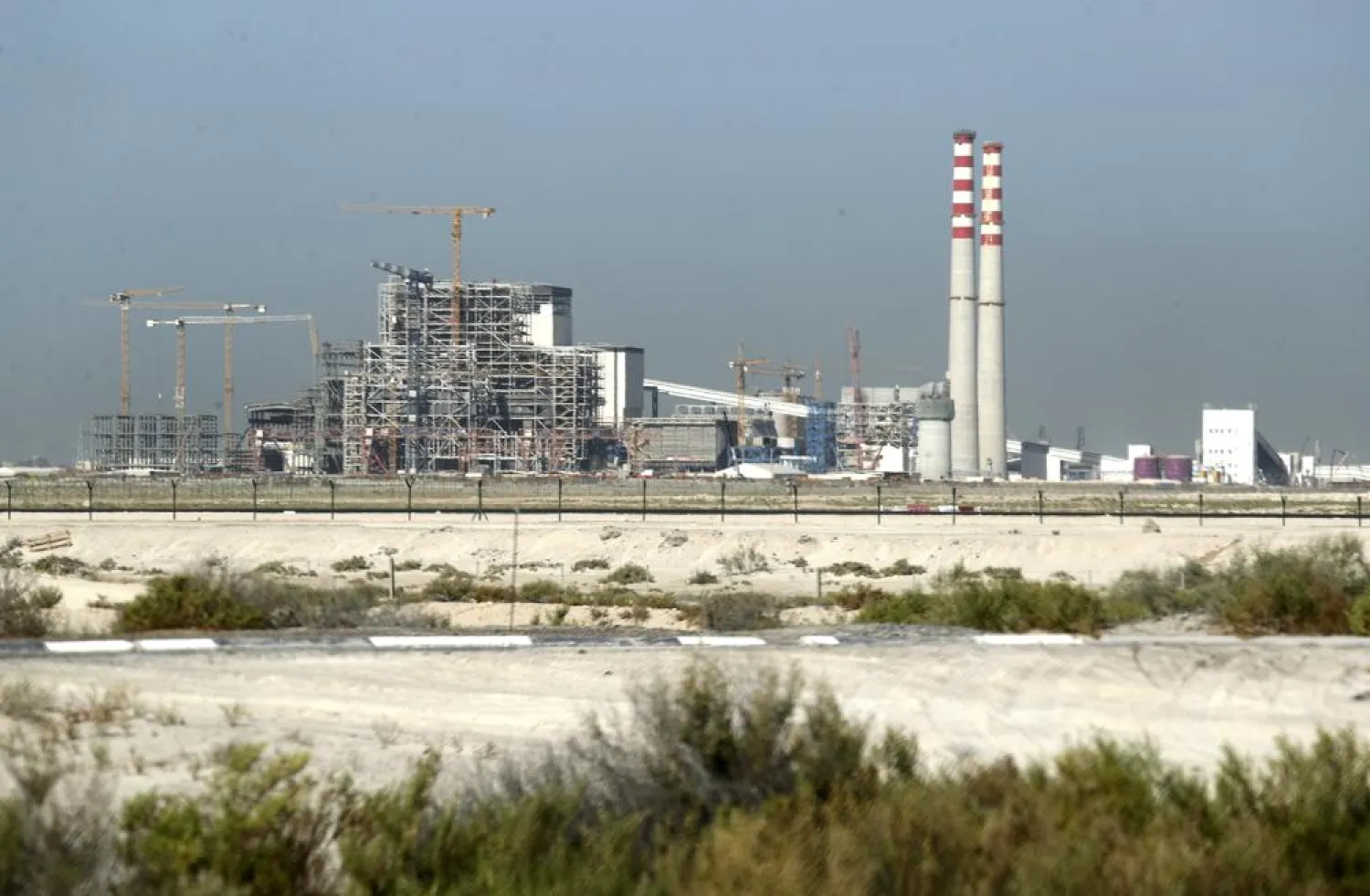A planned $3.4 billion coal-fired power plant in Dubai will be converted to use natural gas, the sheikhdom announced.
The announcement came in a statement quoting Sheikh Ahmed bin Saeed Al Maktoum, the chairman of the Dubai Supreme Council of Energy and CEO of the group owning the long-haul carrier Emirates.
The statement offered no details on how much the conversion would cost, nor how that would affect the plant’s planned time to come online in the energy-hungry sheikhdom. The plant also will include a desalination plant to provide the water needed to green its desert dunes.
The Hassyan power plant near Dubai’s border with Abu Dhabi is being built in part by China, which describes the plant as a “major engineering project of the Belt and Road Initiative,” a project which seeks to expand its influence in Africa and Asia.
According to The Associated Press, China had anticipated that the plant, which has General Electric Co. involved in its construction, will meet 20% of Dubai’s electrical demand.
Its construction comes as the world is warming, mainly due to rising levels of carbon dioxide and other greenhouse gases in the atmosphere, according to the vast majority of peer-reviewed studies, science organizations and climate scientists.
By far, most of the increase in temperature is the result of human activity, which includes burning coal, oil and natural gas. Those warming temperatures fuel extreme weather, such as powerful storms.









